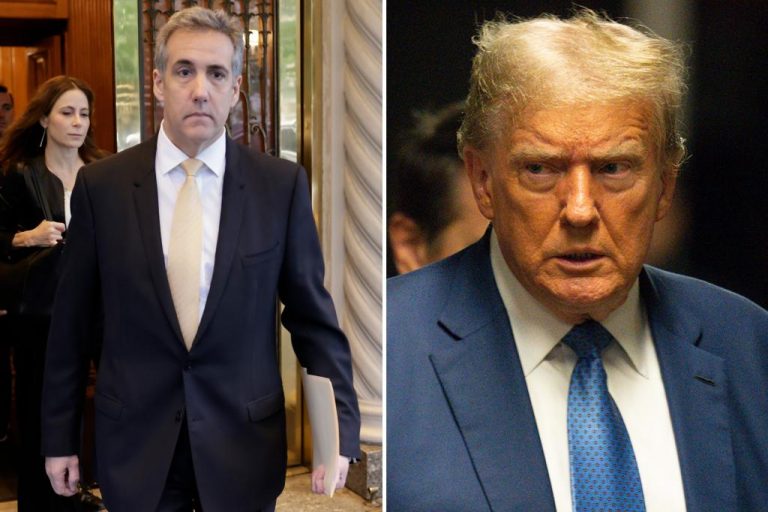Elon Musk blames cyberattack for delay in Trump X Space launch.
Elon Musk, the billionaire CEO of SpaceX, recently announced that the launch of the Trump X Space mission has been delayed due to a “massive” cyberattack. This revelation has sparked concerns about the security and vulnerabilities of space technology, as well as the implications of such attacks on future space missions.
The Trump X Space mission, which was set to be a historic collaboration between SpaceX and the Trump administration, aimed to send a crew of astronauts to the International Space Station. However, Musk revealed in a series of tweets that the mission had to be postponed indefinitely due to a cyberattack that targeted the systems critical to the success of the launch.
While Musk did not provide specific details about the cyberattack, he described it as “massive” and indicated that it had compromised the integrity of the mission’s software and communications systems. This incident serves as a stark reminder of the growing threat of cyberattacks on both terrestrial and extraterrestrial technology.
The delay of the Trump X Space mission has raised questions about the security measures in place to protect space technology from cyber threats. As humanity ventures further into space exploration and colonization, ensuring the cybersecurity of spacecraft and communication systems will be crucial to the success and safety of future missions.
SpaceX, as one of the leading companies in the commercial space industry, has been at the forefront of innovation and advancement in space technology. However, the recent cyberattack has highlighted the vulnerabilities that come with relying on interconnected digital systems for space missions.
Experts in cybersecurity have warned about the potential risks of cyberattacks on space vehicles, satellites, and communication networks. With the increasing reliance on technology for space exploration, safeguarding these systems from malicious actors will be a top priority for space agencies and private companies alike.
The delay of the Trump X Space mission serves as a wake-up call for the space industry to reevaluate its security protocols and invest in robust cybersecurity measures. In an era where digital threats can have real-world consequences in space, the need for proactive defense against cyberattacks is more important than ever.
As Elon Musk and SpaceX work to address the aftermath of the cyberattack and secure their systems for future missions, the entire space community is reminded of the challenges that come with pushing the boundaries of human exploration. While setbacks like these are disappointing, they also present opportunities for learning and growth in the quest for a sustainable and secure presence in space.
Ultimately, the delay of the Trump X Space mission underscores the need for a collective effort to strengthen the cybersecurity of space technology and prevent future disruptions that could jeopardize the safety and success of missions beyond Earth’s atmosphere. By prioritizing cybersecurity and resilience in space systems, we can ensure a future where humanity can continue to reach for the stars with confidence and security.








